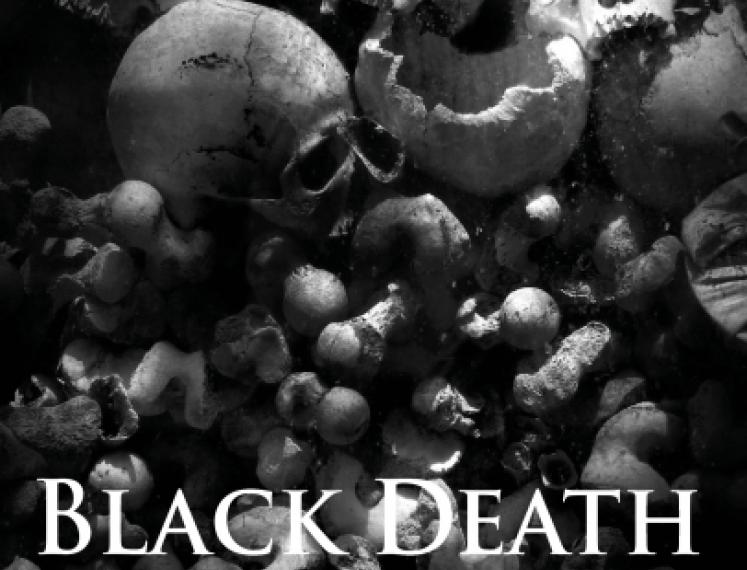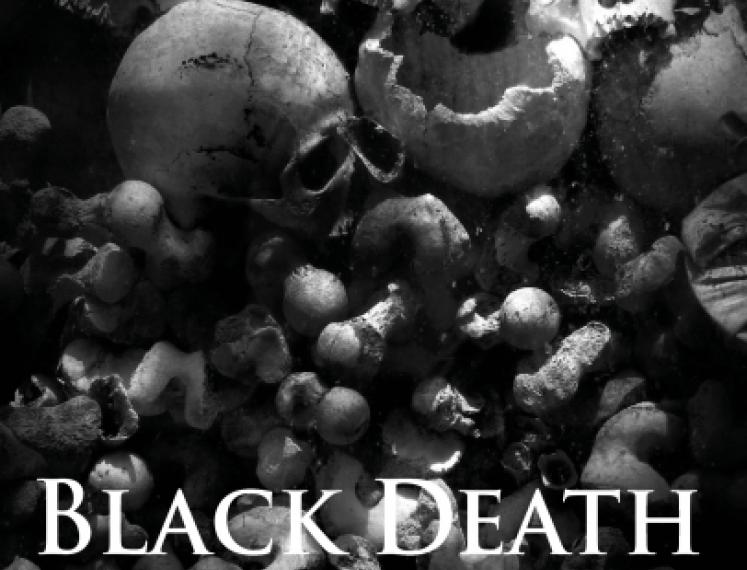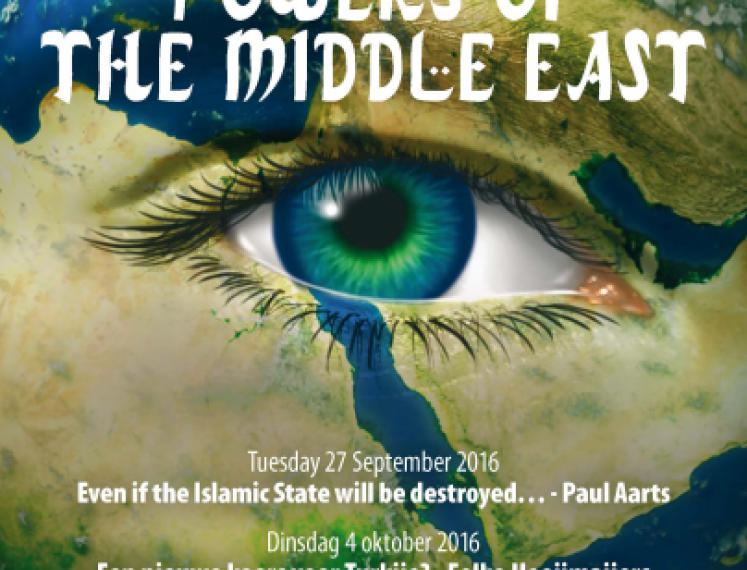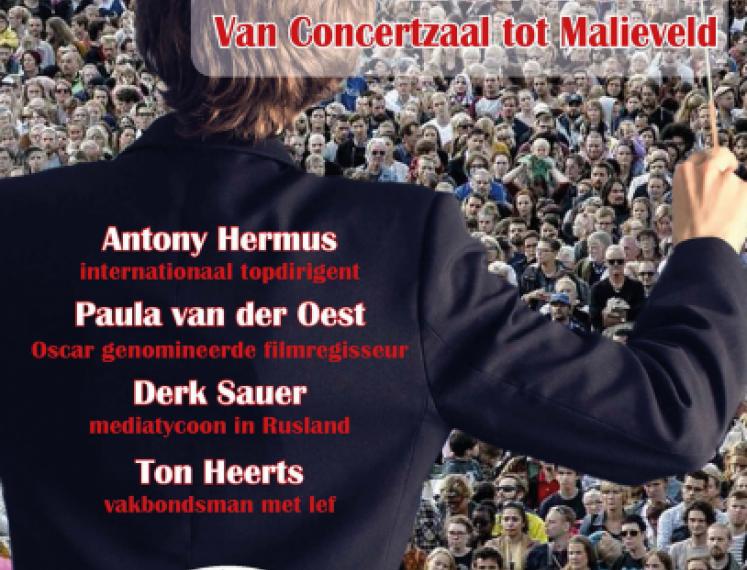Academiegebouw
Broerstraat 5
Groningen
Nederland
Medieval Plague Pandemics in Europe
The plague remains infamous in today’s culture largely due to the Black Death of 1347–1353, which decimated the human population in Europe. Given this history, plague is often classified as a problem of the past. However, it remains a current threat in many parts of the world. The plague bacillus (Yersinia pestis) still resides in several countries in the Americas, Asia, and Africa and causes several thousand human cases per year. Without prompt antibiotic treatment the disease is virtually always fatal.
The Medieval pandemic is generally understood to be the consequence of a singular introduction of the plague bacterium from Asia into Europe via the trade routes of the ancient Silk Road, after which the disease was assumed to have established itself in European rodents, especially urban rats, and from there spilled over and caused outbreaks in humans until the bacterium disappeared from Europe in the early 19th century. However, new research suggests that the bacterium was repeatedly reimported into Europe from Central Asia along the Silk Road, with climate fluctuations being the driving force of these pandemics. What can we learn from past outbreaks and how can we prepare for new pandemics? Could our current climate change increase the risk of plague outbreaks where plague is currently endemic and cause new plague areas to arise?
Nils Chr. Stenseth is Chair and Research Professor of CEES - Centre for Ecological and Evolutionary Synthesis – in Olso, Norway. In addition, he is a Chief Scientist at the Institute of Marine Research, Bergen, Norway. His research interests span a broad spectrum of ecological and evolutionary topics, most of which are rooted in population biology. He is an elected member of The Norwegian Academy of Science and Letters (DNVA); he was the vice-president/president of that Academy 2009-2014. He is also an elected member/fellow of several other academies, including the National Academy of Sciences (Washington, US), Academia Europaea, French Académie des Sciences, Finnish Society of Sciences and Letters, the Royal Norwegian Society of Science and Letters and Agder Academy of Science and Letters. He is the president of the International Biological Union (IUBS) as well as member of the Scientific Council of the European Research Council (ERC). Additionally, he is Editor-in-Chief of Climate Research.




